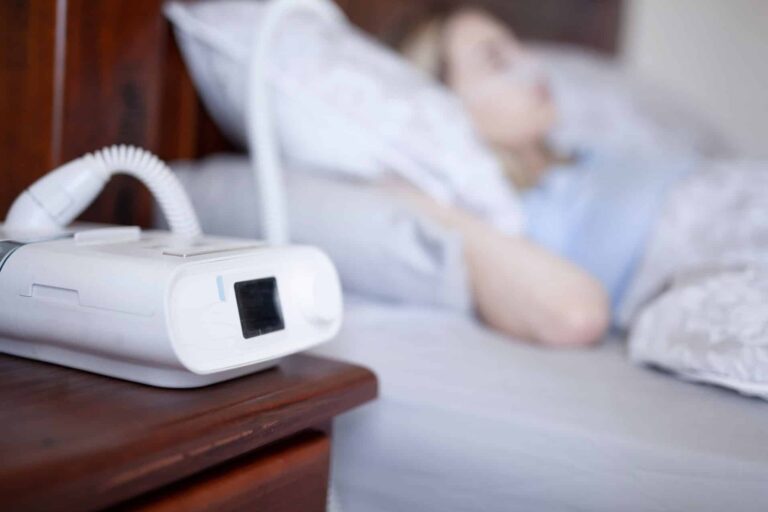Sleep apnea is a common medical condition that requires medical attention since it may compromise your quality of sleep and life. A temporary cessation of airways can leave you breathless which can be life-threatening if not treated on time.
A mouth guard for sleeping in Las Vegas helps manage sleep apnea, especially obstructive sleep apnea. But what is sleep apnea? Let us find out!
A comprehensive guide to sleep apnea
The word “apnea” means breathless. Sleep apnea is a condition that ceases normal breathing while you are asleep. This can happen either due to blocked airways (obstructive apnea) if your brain does not control your breathing correctly (central apnea), or due to a combination of both (complex apnea).
The resulting lack of oxygen activates a survival reflex in your body that wakes you up frequently, just enough to resume breathing. Though the reflex can keep you alive, it can interrupt your normal sleep cycle. This can negatively impact your sleep and have other ill effects like increased strain on your heart, leading to life-threatening consequences.
Sleep apnea has specific causes based on the types. These include the following:
- Obstructive sleep apnea
-
-
- Is caused by blockage of the airways when the muscles of the head and neck relax while you are asleep.
- The surrounding tissues press against your windpipe, obstructing the normal airflow through it.
-
- Central sleep apnea
-
- Heart failure
- Hypoxia (low blood oxygen levels)
- Nervous system damage
Sleep apnea presents with a wide range of symptoms, such as:
- Being lethargic on waking up
- Daytime sleepiness
- Snoring
- Waking up frequently at night
- Anxiety and depression
- Poor concentration
- Memory loss
- Unusual breathing pattern
- Insomnia
- Night sweats and heartburn
- Sexual dysfunction
- Headaches, especially when waking up
Effective treatment for sleep apnea
There are many approaches to treating sleep apnea, based on the specific type and how severe it is. Possible treatments include:
Non-surgical approach: For mild to moderate cases
- Conservative treatment
-
-
- Weight loss
- Changing sleep positions
- Nasal sprays
- Treating the underlying conditions such as heart failure
-
- Medications
-
-
- Decreasing or stopping opioid pain medications
-
- Positive airway pressure (PAP) and adaptive ventilation
-
-
- Uses a specialized device to increase the air pressure inside your airway.
-
- Oral appliances
-
-
- Hold your tongue and jaw in a position to keep pressure off your windpipe.
-
- Nerve stimulators
-
- Relaxes nerves in your body that are under pressure
Surgical approach: For severe cases
- Somnoplasty
- Nasal surgery
- tonsillectomy/ adenoidectomy
- Uvulopalatopharyngoplasty (UPPP)
- Jaw surgery
Sleep apnea is a prevalent condition that interrupts breathing during sleep. Untreated, it can result in severe, or life-threatening complications, thus early diagnosis and intervention is crucial.


Comments are closed.